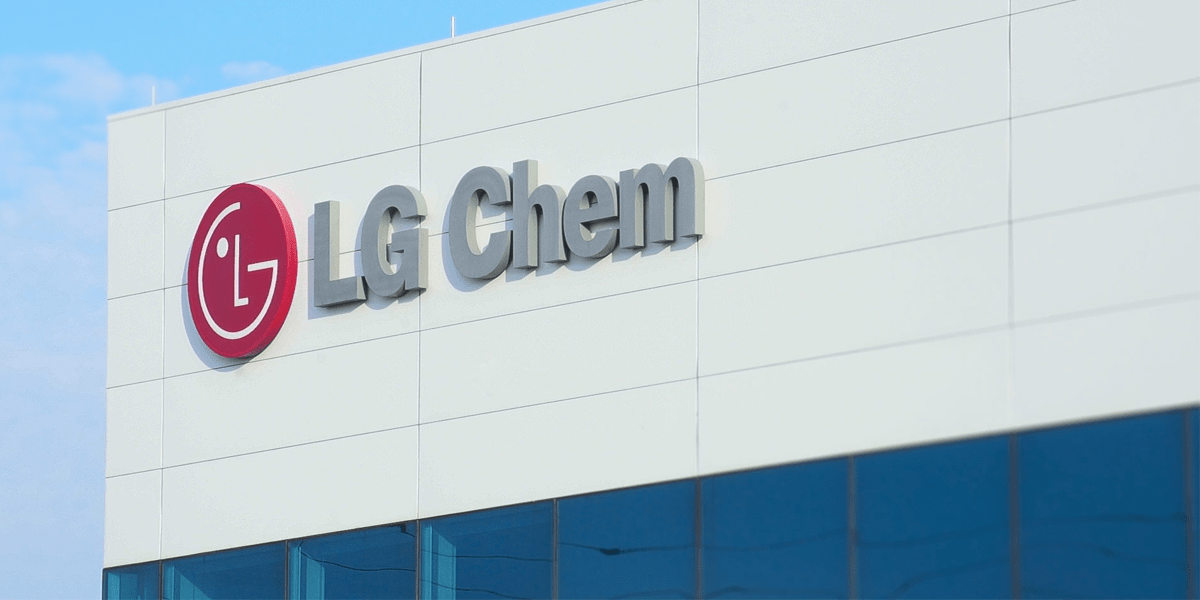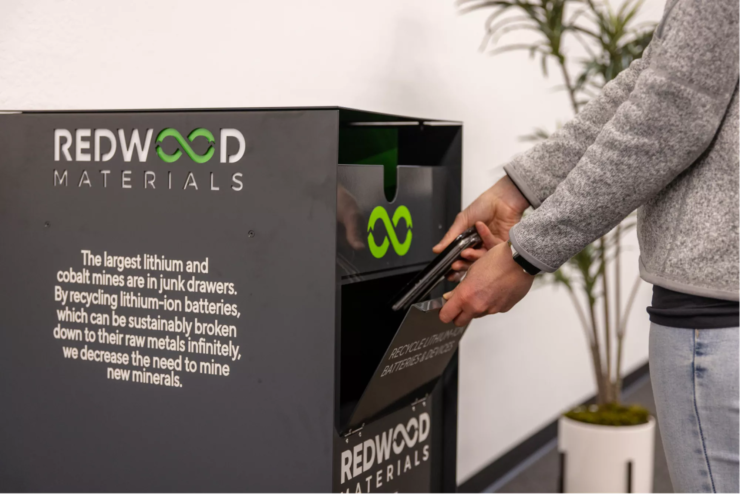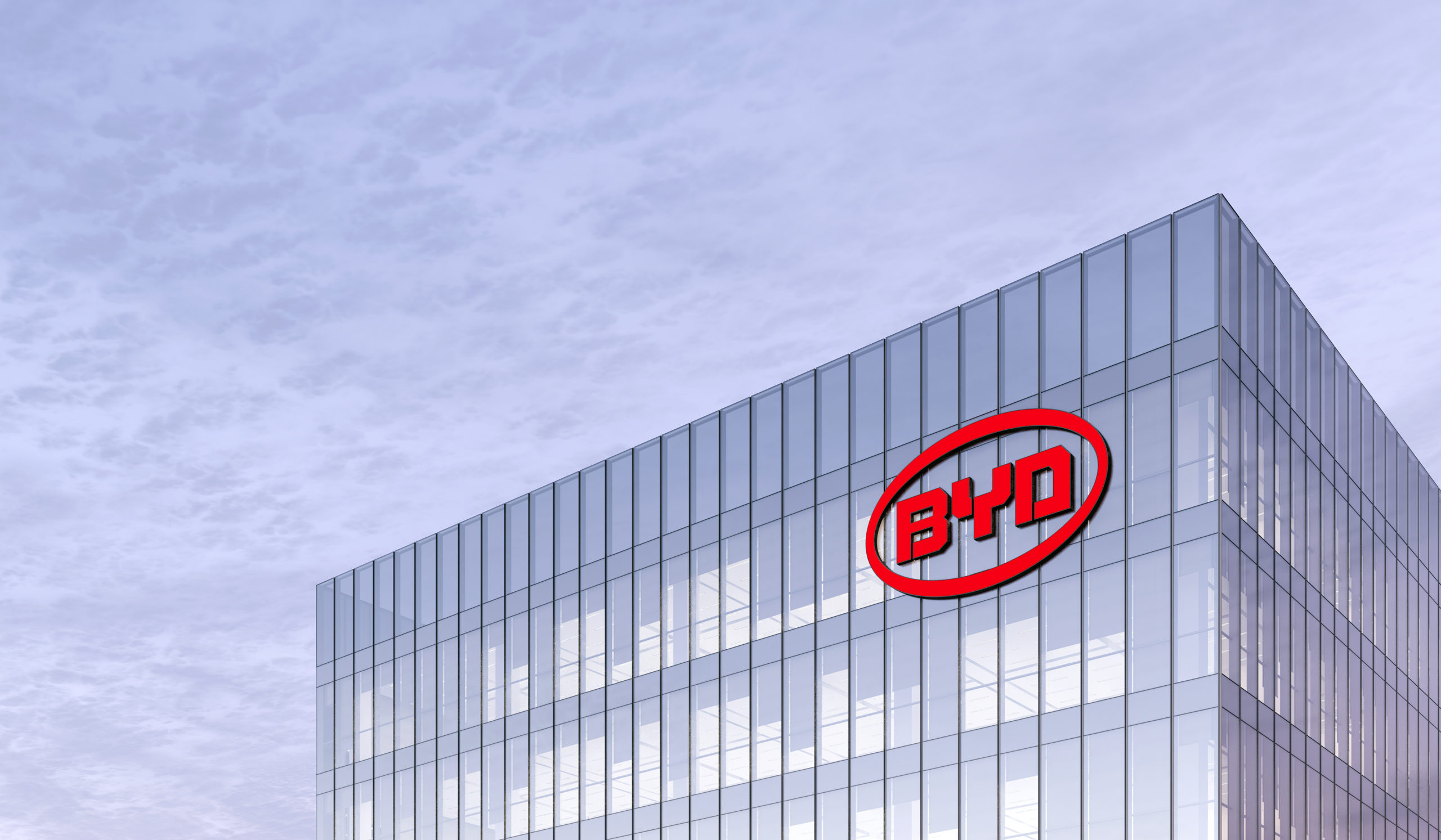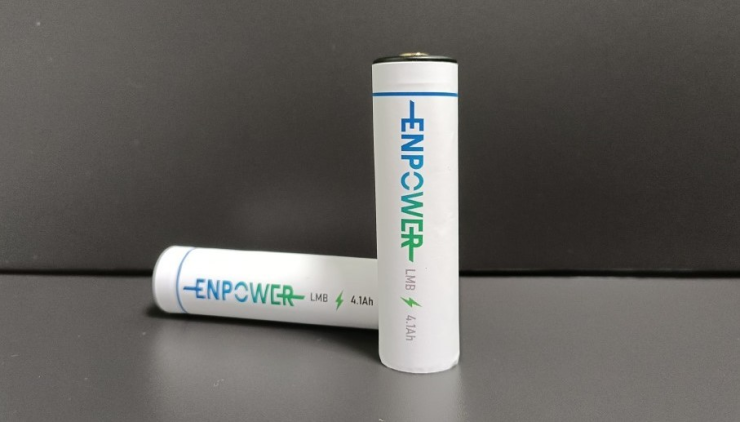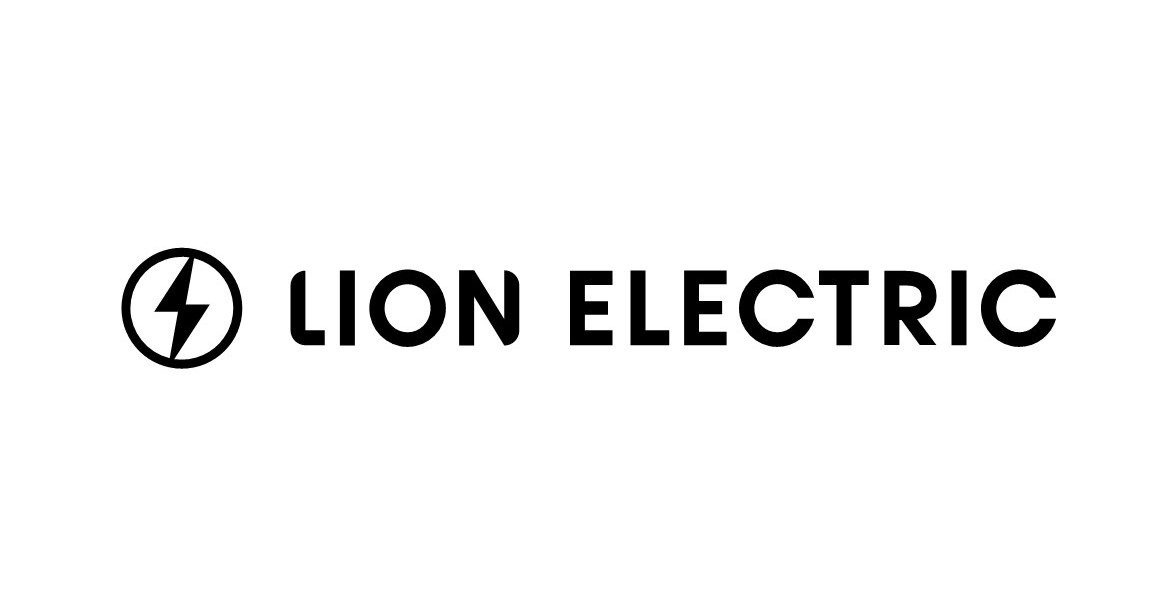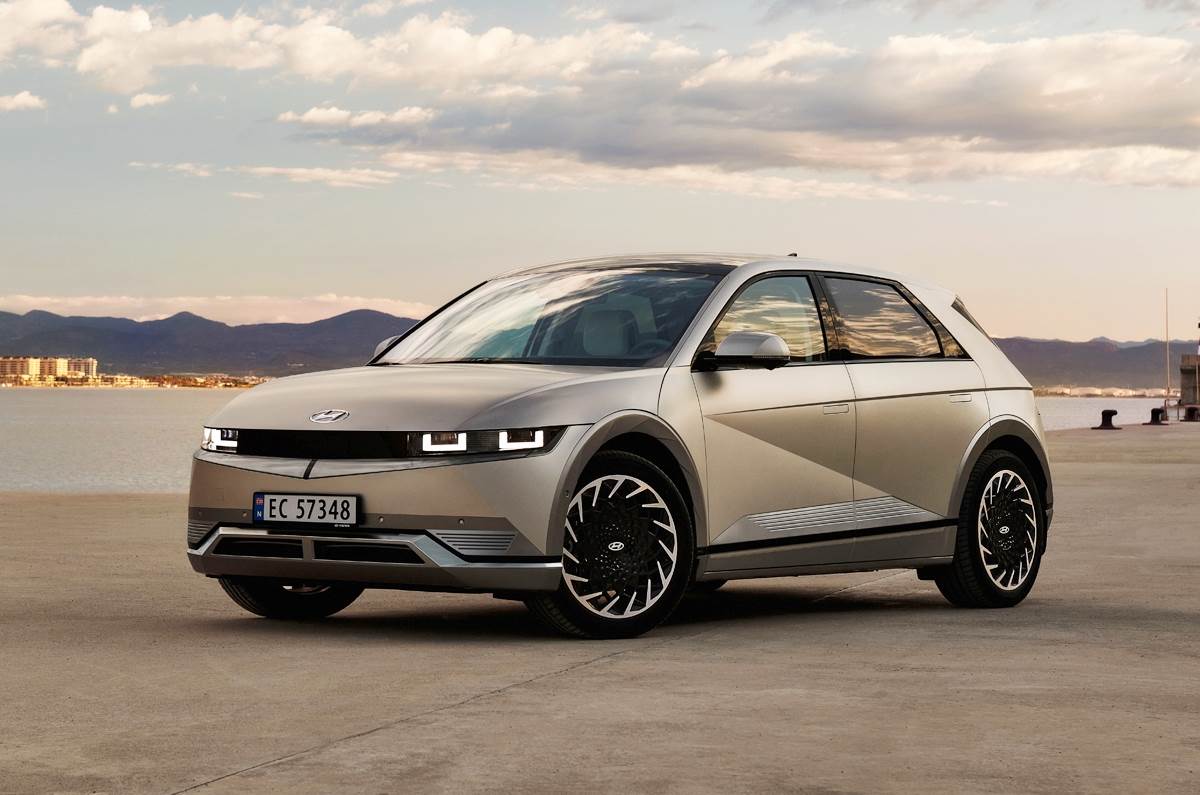LG Chem will invest more than $3 billion to build a battery cathode plant in Tennessee to meet high demand in North America.
This is one of the first major EV investments from a South Korean company in the United States since The Inflation Reduction Act was passed in August.
LG Chem’s battery cathode plant in Tennessee is targeted to start operations in the second half of 2025 and the plant will create more than 850 new jobs, LG Chem said in a statement.
The plant is targeted to have an annual production capacity of 120,000 tonnes of cathode material by 2027, which is sufficient to supply around 1.2 million new electric vehicles.
LG Chem will also cooperate with mining companies and recycling companies to better support its customers so that the requirements of the Inflation Reduction Act can be met.
The cathode materials manufactured by LG Chem are expected to supply cathode materials to Ultium Cells, a battery joint venture between General Motors and LG Chem’s subsidiary, LG Energy Solution.
LG Chem’s new factory will manufacture cathodes for batteries with nickel, cobalt, manganese and aluminum (NCMA) chemicals. NCMA batteries with 90% nickel, make manufacturers less dependent on expensive cobalt, and reduce dependence on China.
China currently has 75% of the world’s cobalt refining capacity and 50% of lithium processing capacity, according to Benchmark Mineral Intelligence.
The Inflation Reduction Act requires that essential minerals for electric vehicle batteries come from the United States or an American free trade partner to qualify for the US tax credit.

